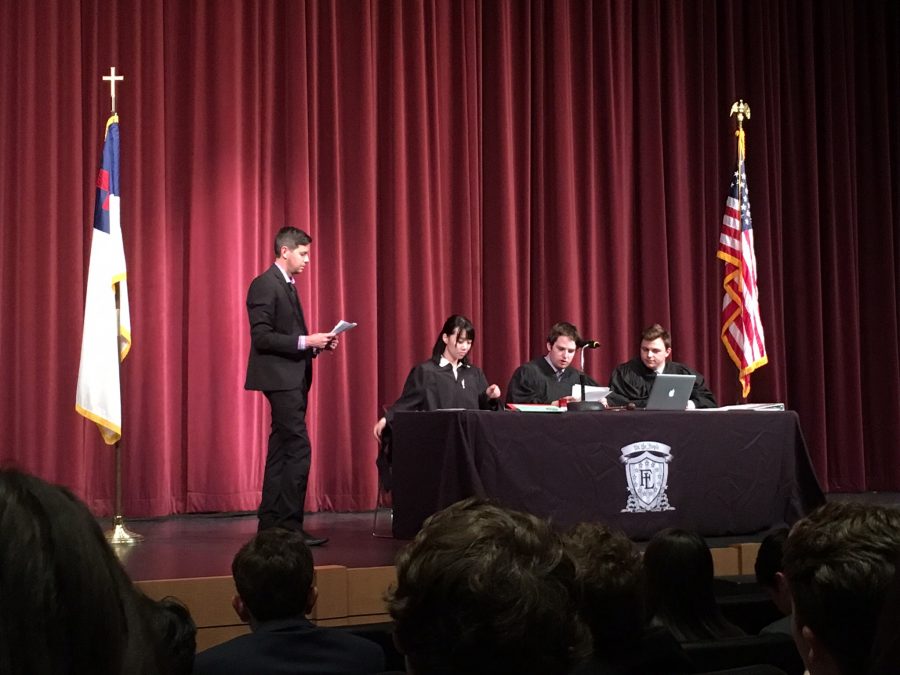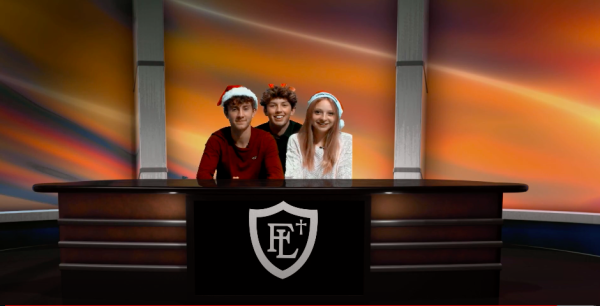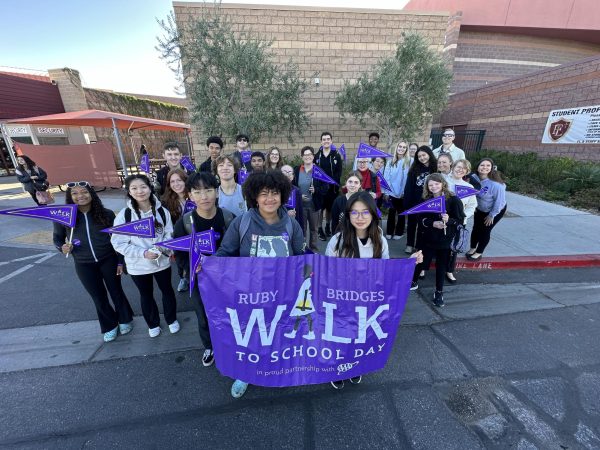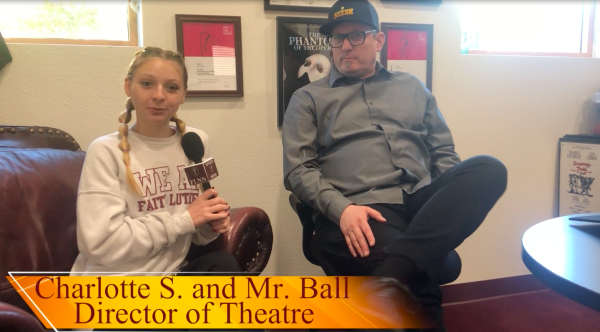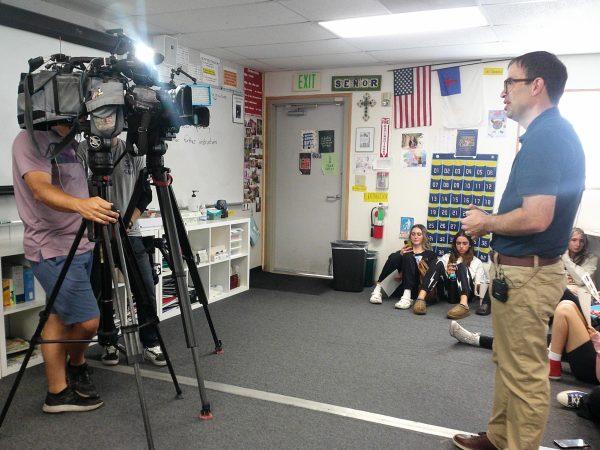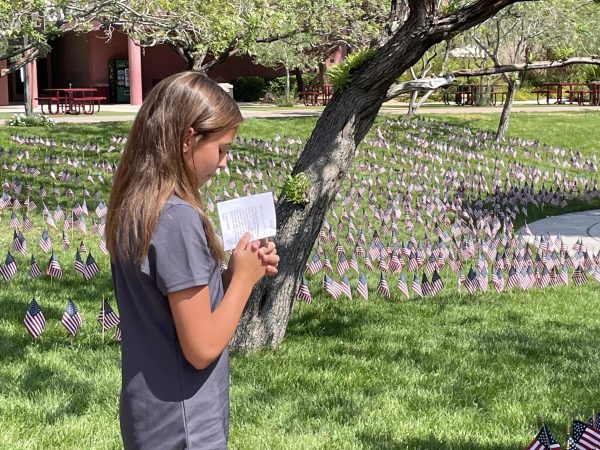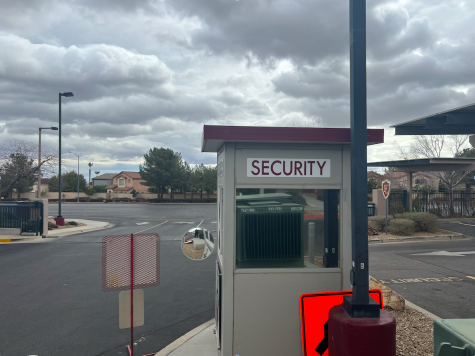Model Congress
Mr. Watts discussing with Hart Roberts, Zac Anderson, and Jia Chen, the Three Justices about the bills that were passed in Model Congress.
Before spring break, the senior class participated in Model Congress, a simulation where students run for office, create bills, write speeches, and chose their own political parties.
This is Model Congress’ 8th year at Faith Lutheran, the class is taught by Mr. Watts and Mr. Best. “The Model Congress simulation is founded on the core belief that students learn best when they are engaged in authentic experiences,” said Mr. Watts. Preparation for the Model Congress takes months for not only seniors, but for Mr. Watts and Mr. Best.
“First, we introduce the class to parliamentary procedures so they can become familiar with Robert Rules of Order that give structure to debates in class. Through the class debates, students are being exposed to political ideologies, which help them see which parties their views align with the most,” said Watts, “Once students have picked a party to join, we then help them to become experts on a specific issue by writing position papers and legislation to hopefully solve the specific issue. Lastly, as experts, the students are asked to write speeches to share their expertise on the issue to rest of the students through debates.”
The goal of Model Congress is a tool used to teach students how we can interact with our government and how the government works. Mr. Watts finds it more effective to have the students learn by doing. The classes are divided into two different groups, the Senate being made up of the honors class and the House of Representatives of the normal classes. As a grade we also vote for a president, vice president, secretary of state, as well as other positions of the National Security Council.
Once the National Security Council has been decided the entire senior class moves to Full Session of Congress, this where the entire grade discusses the bills that passed in their classes and are approved by the National Security Council. 4 students present their arguments both in favor and opposed to the bill that is being discussed and then moves to the voting block. Once passed the bills are tested by the justices of the Supreme Court to see if they are constitutional or not, if the bill is not constitutional, the bill is not put in to effect.
Model Congress is both a fun and great learning experience for students, by teaching them how the government works we are better preparing our students for the future.
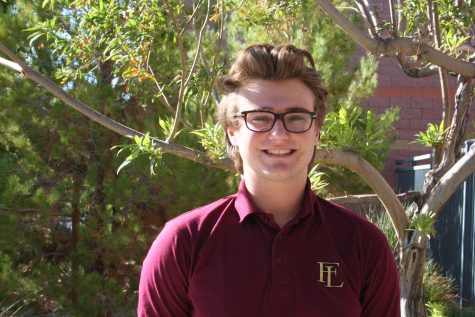
This is Christopher’s 1st year in Investigative Journalism and his seventh year at Faith. He participates in mock trial and is active in the schools...
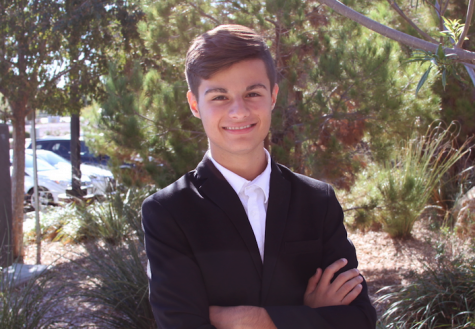
Ricky Cornish is a senior at Faith Lutheran High School, and editor-in-chief for the Academy of Film and Broadcast. Ricky anchors and reports for the Faith...


